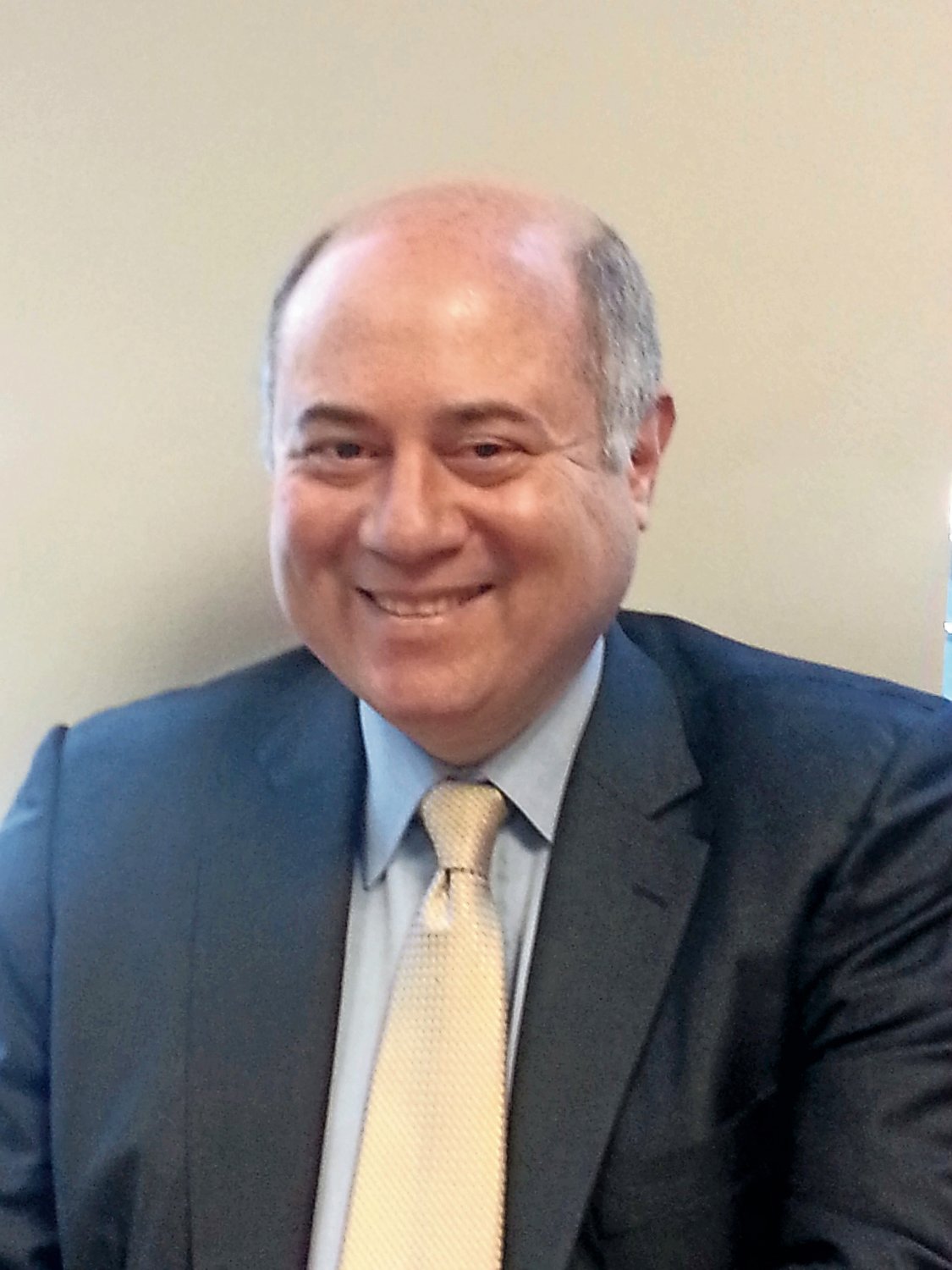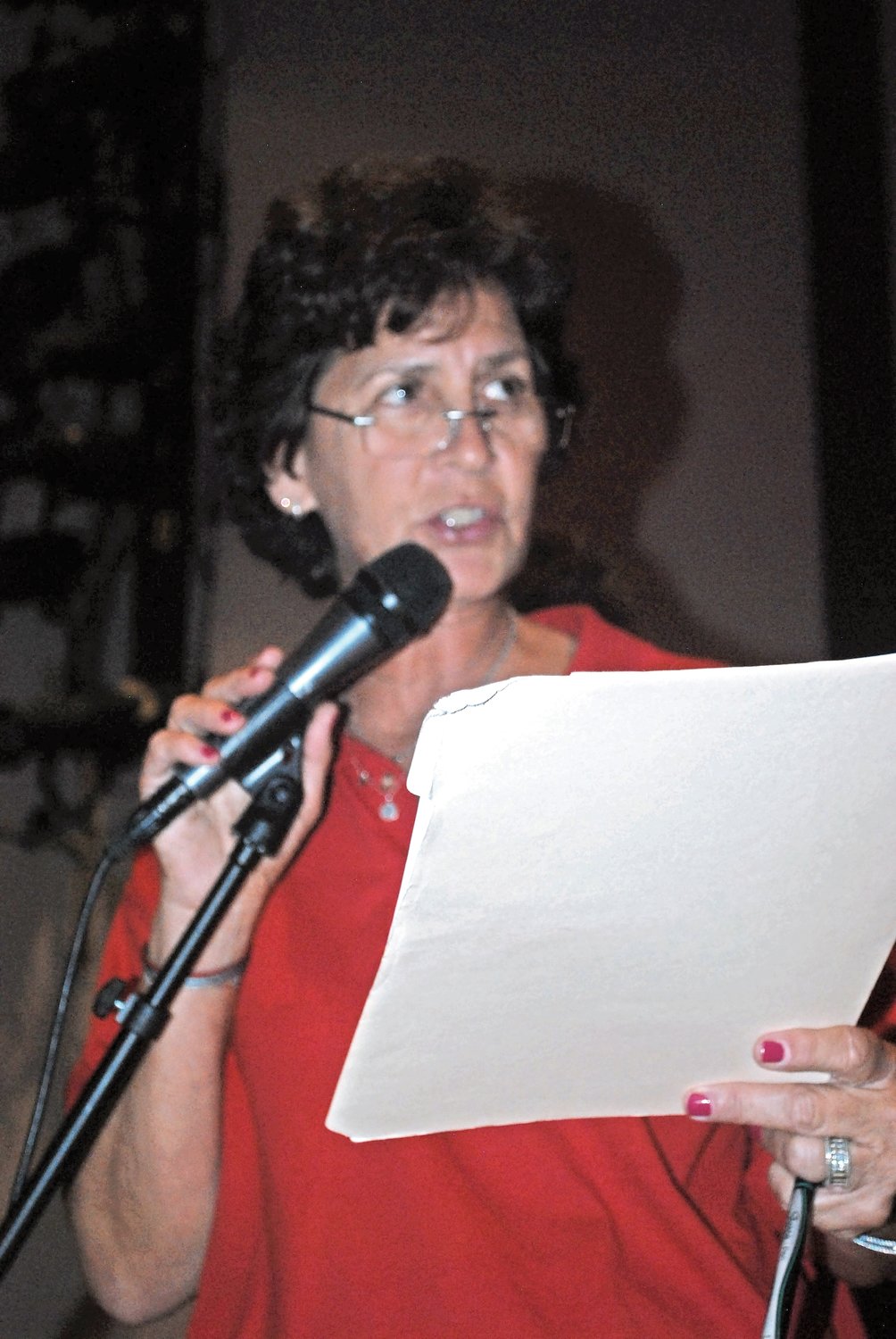Impasse remains in Lawrence contract talks
School district and Lawrence Teachers Association go to ‘super conciliation’
After the parties met with greater frequency at the end of the 2018-19 school year, contract talks between the Lawrence School District and the Lawrence Teachers Association broke down again last fall, and they are heading to “super conciliation” on June 6.
Super conciliation is defined as post-fact-finding mediation that is agreed to by both negotiating parties and conducted by the New York State Public Employment Relations Board or another mediation service. The school district and the LTA took part in the fact-finding process in 2017. The teachers endorsed the fact-finder’s recommendations, while the district dismissed them.
The LTA is working under an agreement that expired on June 30, 2011. After the city of Buffalo settled with its teachers in 2016, after 12 years of negotiations, the Lawrence district now has the longest-running contract negotiations in the state. The LTA has nearly 280 members, including librarians, speech therapists and social workers.
Its president, Lori Skonberg, said that the last official meeting between union and district officials was in September, when the district made what she characterized as a “counter-offer,” but no agreement was reached. Negotiations began again in March, facilitated by Superintendent Dr. Ann Pedersen. “Again, there has been no agreement,” Skonberg said. “My hope is that this process will bring us closer to an agreement,” she added, referring to super conciliation.
Board of Education President Murray Forman called super conciliation “a voluntary process the board agreed to participate in, in its ongoing efforts to bridge the difference.” Addressing one of the main sticking points, class size, Forman said he had told the LTA that “this should not be constrained artificially,” which would hurt the “educational product.” “The contract has many constraints and provisions that are not consistent with providing a 21st-century-quality education,” he said.
Dennis Campagna, a lawyer with more than 30 years of experience in arbitration and mediation, said that with both sides entrenched, the best possible course could be to take the class size issue out of the equation until the overall contract has been resolved.
“The district wants class-size language out, and the union says, ‘No way,’” Campagna said. “The ‘interests’ underlying these positions are fairly straightforward: Teachers don’t want large class sizes for a couple of reasons — more difficult to teach, more papers to grade and more difficult to work with students on a one-to-one basis. The district wants control over class size, and wants the current language out because [smaller] class sizes may result in the hiring of additional staff that is more costly to the district.”
Another path Campagna advocates is more education about the issues, ranging from the benefits of smaller classes to how the district measures student success. “As for wage increases, the parties need to step back and realize that this contract will settle one day,” he said, “and when it does, they’ll look at each other and say, ‘Why couldn’t we have done this seven years ago.’ In the meantime, the bad blood that has developed is costly both in terms of money and productivity.”
Campagna suggested two remedies that could clear the air after nearly nine years of negotiations: change the venue where talks are held, and eat together. “I have . . . found it helpful for the parties to break bread together as they begin their bargaining session,” he said. “I find that this type of venue is oftentimes more relaxing and more conducive to frank discussions.”
Forman said that anything important takes times, and that the district would continue to “work in a good-faith effort to bridge the gap.” “It’s clearly up to the teachers,” he said. “The board and Dr. Pedersen have spent hundreds of hours in terms of bridging the issues, several times collectively making progress but not following through.”
With the reopening of talks, the LTA said it had put on hold its plans for additional picket marches, as the group has done the past two springs.
Have an opinion about the teacher contract talks? Send your letter to jbessen@liherald.com.

 50.0°,
Overcast
50.0°,
Overcast 







